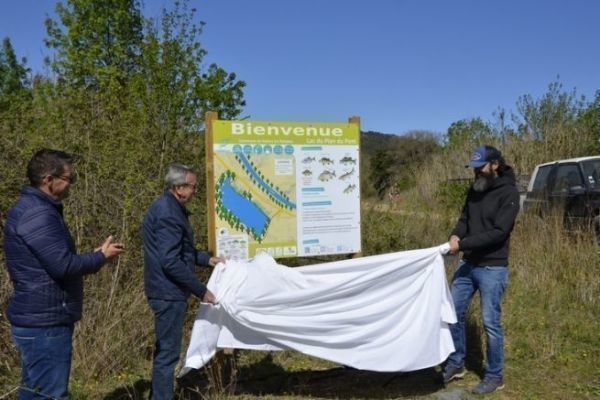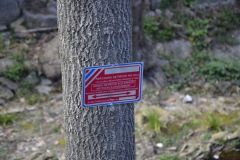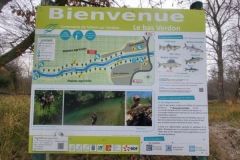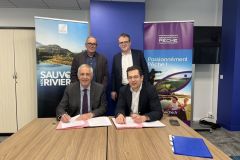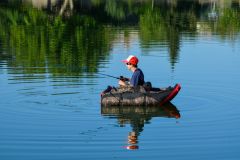AAPPMA operations
The AAPPMA - Association Agréée de Pêche et de Protection des Milieux Aquatiques - is made up of
- of members
- a board of directors
- an office
- in some cases employees.
Members are holders of a fishing card issued by AAPPMA via agents or the cartedepeche.fr website. Members have rights, but also obligations:
- They have the right to fish in the AAPPMA's sector where it holds fishing rights shared with the riparian owner. If the association is reciprocal, they have the right to fish in the department of the association and in the departments of reciprocal groups, subject to payment of the corresponding dues and fees.
- They must also comply with the association's internal rules and regulations governing freshwater fishing.
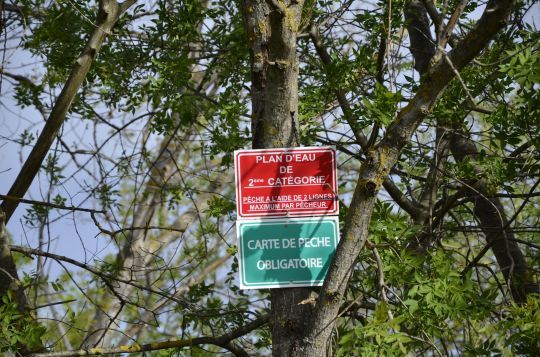
The AAPPMA Board of Directors and Executive Committee
The Board of Directors is elected every 5 years by the Annual General Meeting. It comprises between 7 and 15 members. It meets at least four times a year to define the main orientations of the AAPPMA.
The Executive Committee is elected by the Board of Directors. It comprises at least
- a Chairman
- a vice-president
- a treasurer
- a secretary from the Board of Directors.
The President is the legal representative of the AAPPMA. He is also responsible for implementing the policy defined by the Board of Directors and approved by the General Meeting. The treasurer keeps simple accounts. The secretary draws up the minutes of meetings (general meeting, board of directors and executive committee), and handles correspondence and notices of meetings.

The general meeting is an important moment in the life of an association. Its organization is very precise and defined by the articles of association. On this occasion, the president informs the anglers of his AAPPMA of all current technical, financial and political issues. It's also an opportunity for members to express themselves, ask questions and express their needs.
Role of the AAPPMA
" They hold and manage the fishing rights they acquire, negotiate, receive or lease on public or private land "says the FNPF website. This is an extremely important part of their role. Indeed, without fishing leases (rights to fish), association fishing could not take place. A great deal of work is done by association volunteers to convince riverside landowners to let us fish on their property. In return, let's respect our fishing grounds!
AAPPMAs also have a role to play in the fight against poaching and in enforcing regulations. This work is carried out by private fishing wardens, known as "GPPs". They are essential to the smooth running of an AAPPMA.
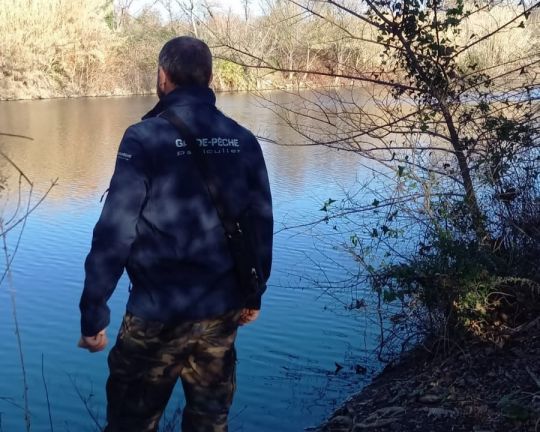
The FNPF website also adds the following about AAPPMAs:
" They participate in the protection of aquatic environments and fish stocks, fight against pollution and the destruction of areas essential to fish life, and carry out operations to develop fish stocks ".
We can cite a few examples of these missions from their fish farming management plan (non-exhaustive list):
- River restoration and maintenance project.
- Scalimetric studies.
- Restoration of breeding habitats.
- Restoring ecological continuity.
- Managing pollution: preventing it and filing a complaint.
- Shoreline clean-up.
" They provide information and educate the public about aquatic environments. "
Here are a few examples:
- Nature fishing workshop (fishing school).
- Presence at various trade shows, festivals and fairs.
- Intervention in schools.
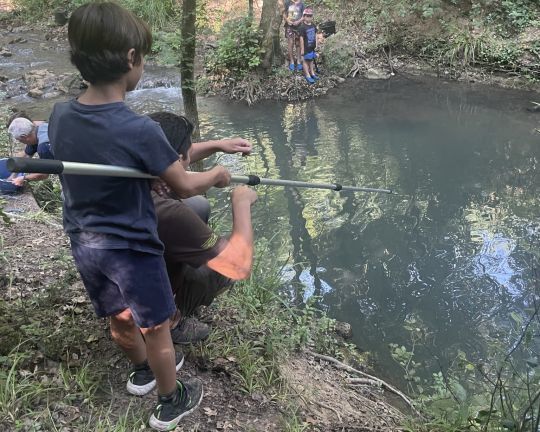
" They help to maintain social and intergenerational links through local events, enabling communities to strengthen their influence both within and outside the département. "
Here are a few examples:
- Fishing festivals.
- Entertainment.
- Competition.
- Organization of conferences.
A decisive role in the future of our passion
The role of AAPPMAs is decisive for the future of the environment and fishing. Today, fishing associations are in the vanguard of all these battles, and carry out numerous actions. For all these missions, they can rely on the support of the departmental federations.
It also relies on its network of volunteers. Life leaves little time for associations. Work, family and multiple leisure activities take up so much of our time... But today, it's essential for fishing and for the environment that anglers get involved in voluntary work, even if it's only for a few hours a year. We all have our place in the fishing community.
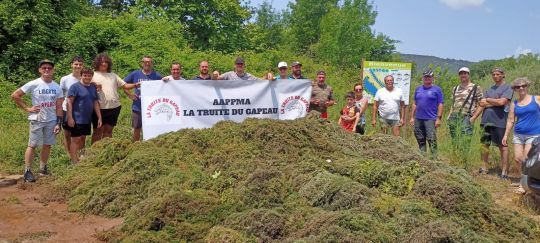

 /
/ 